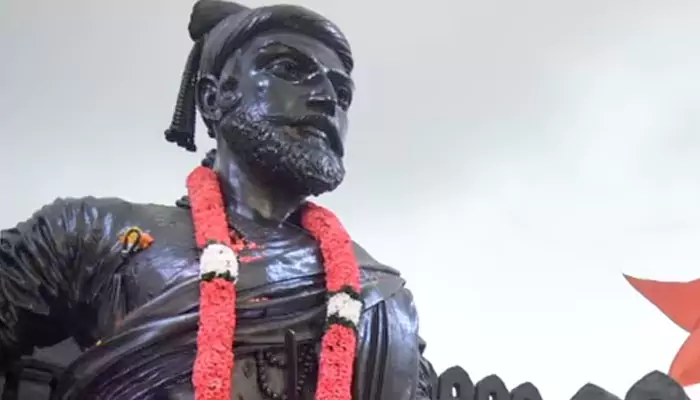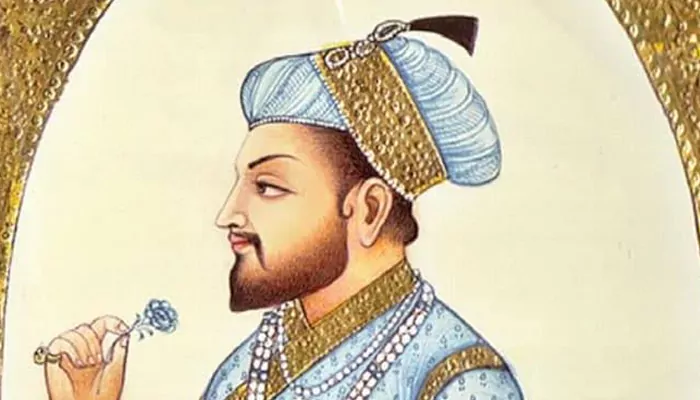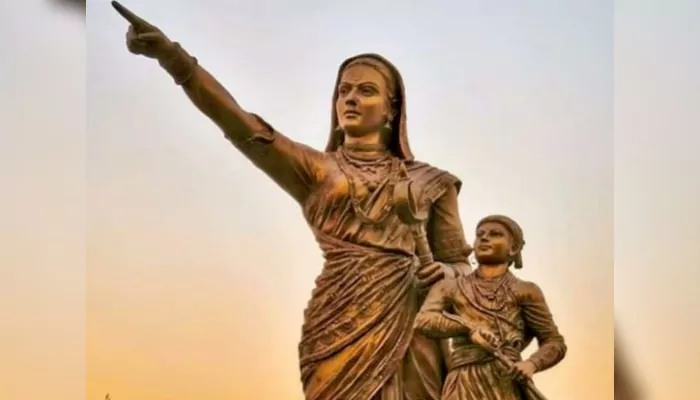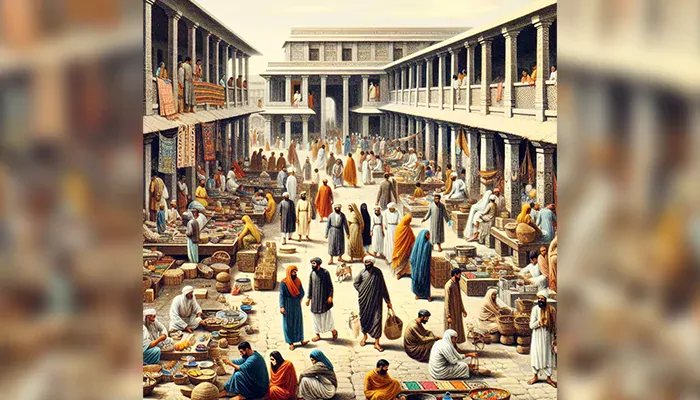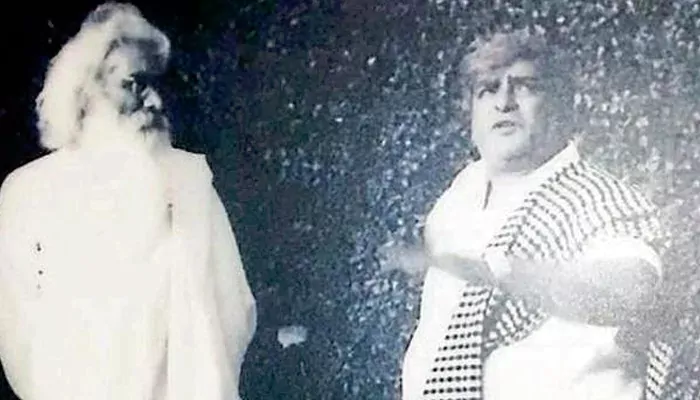Maharani Jindan: A Forgotten Freedom Fighter Who Defied the British Empire
- Soham Halder
- 6 months ago
- 4 minutes read
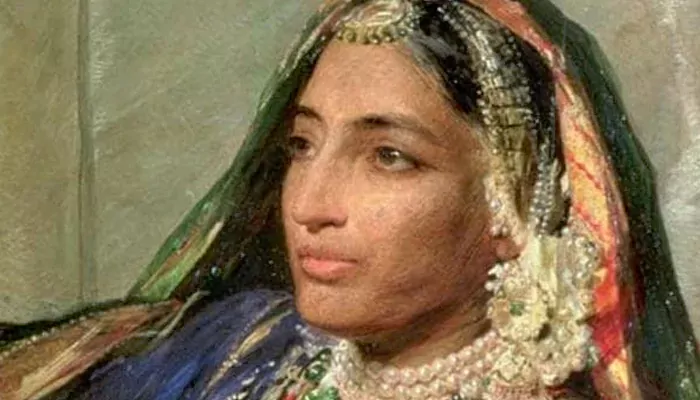
Know about the rebel queen who shook the British Raj!
When we think of India’s freedom struggle, names like Rani Lakshmibai, Mangal Pandey, and Bhagat Singh dominate the stage. But hidden in the shadows of history is another fierce woman who rattled the British Raj long before the 1857 uprising. Her name? Maharani Jind Kaur, famously remembered as Rani Jindan—the last queen of the mighty Sikh Empire.
If bravery had a face, it was hers. If defiance had a voice, it was her fiery speeches that kept Punjab’s spirit alive when everyone else had surrendered to British power.
From Queen to Regent
Born in 1817, Jind Kaur was no ordinary woman. She was the youngest wife of Maharaja Ranjit Singh, the legendary “Lion of Punjab.” After his death, the empire faced turbulence, with court intrigues and succession battles threatening its stability. Amidst this chaos, Jindan rose—not as a silent widow, but as a roaring lioness ready to protect her son, Duleep Singh, the last heir to the Sikh throne.
When Duleep was declared king at the tender age of 5, it was Maharani Jindan who stepped forward as the regent. Imagine a woman in 19th-century India openly taking on armies, courtiers, and colonial officers! No wonder the British labeled her “the Messalina of Punjab”—a title they gave powerful women they feared but could not control.
The Woman Who Said “No” to the British
Maharani Jindan was not content with being a ceremonial queen mother. She actively led councils, rallied Sikh soldiers, and denounced the British interference in Punjab’s politics. Her fiery speeches against the East India Company were so bold that British officers saw her as a direct threat to their expansionist dreams.
She reminded her people that Punjab was not a land to be enslaved but one that had once roared under Maharaja Ranjit Singh’s leadership. And she made sure her young son grew up knowing that legacy.
A Queen in Chains
But the British knew how to break even the strongest spirits. In 1846, after the First Anglo-Sikh War, they declared Maharani Jindan unfit to rule. Her property was seized, her jewels confiscated—including the legendary Kohinoor diamond—and she was imprisoned in the fort of Chunar.
Yet, this queen was not built to bow. With the cunning of a strategist, she escaped from prison disguised as a servant, traveling barefoot and in secrecy to Nepal, where she found refuge. Even in exile, her spirit did not waver—she wrote letters, plotted against the British, and dreamed of restoring her son’s throne.
A Reunion That Melted Hearts
Years later, the British took young Duleep Singh to England, grooming him as a Christian gentleman under Queen Victoria’s watch. But destiny had one more chapter in store. In 1861, after years of separation, Maharani Jindan reunited with her son in Calcutta.
(Credit: Instagram)
The once-mighty queen was now old, frail, and nearly blind—but her fire had not dimmed. For Duleep, seeing his mother again awakened his lost Punjabi pride and stirred a desire to reclaim his heritage. Unfortunately, time was short—Maharani Jindan passed away just a year later in 1863.
So, why should we remember Maharani Jindan? Because she symbolizes defiance in the face of oppression, a woman who refused to be silenced when entire kingdoms fell to the British Raj. Her courage paved the way for later freedom fighters, especially women, who drew strength from queens like her and Rani Lakshmibai.
She was not just a queen. She was a strategist, a revolutionary, and above all—a mother who never stopped fighting for her son’s throne and her people’s dignity.
In a world where history often forgets women leaders, Maharani Jindan stands tall as a reminder that the spirit of resistance is not bound by gender or age. She may not have fought with swords on the battlefield, but her pen, her words, and her unbreakable will were weapons that shook the very foundation of the British Empire.
So next time you hear the story of India’s freedom struggle, remember this: the Lioness of Punjab roared first.

